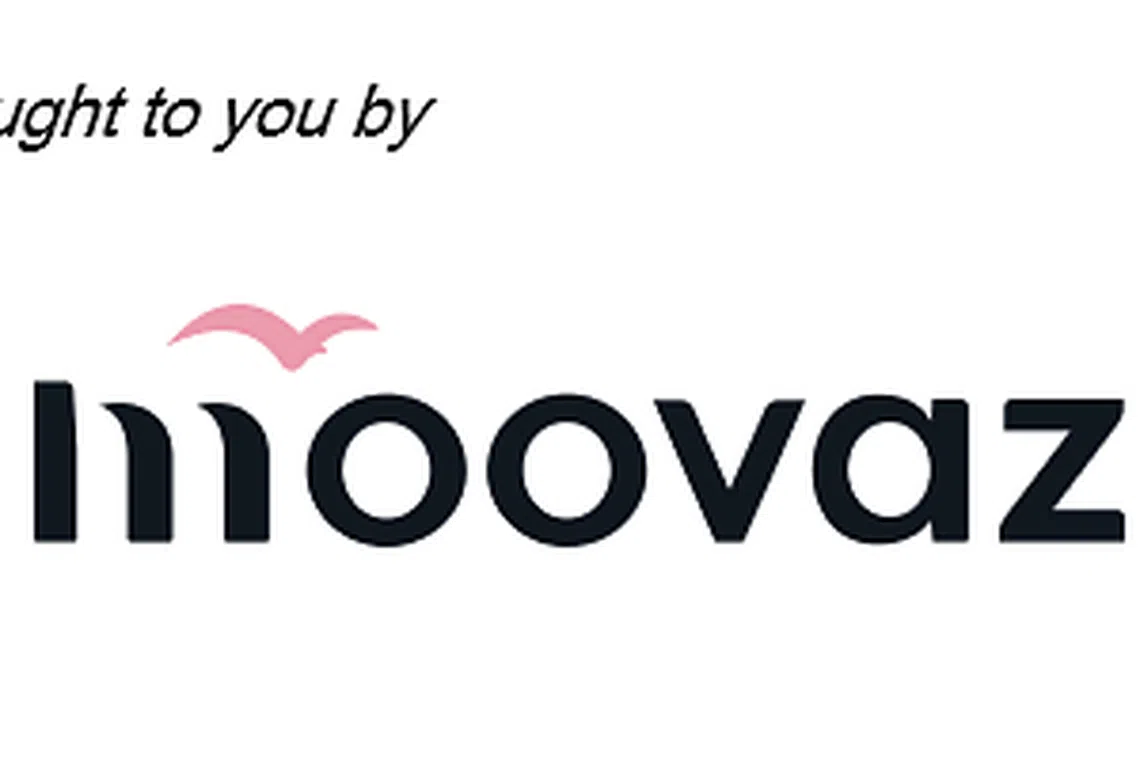Faster B2B and B2C networking: How this tech platform can enable relocation companies facing challenges
A Moovaz report sees incorporating technology solutions to cut costs for the industry's service providers, including movers and visa processing groups, to stay competitive
It takes a village to relocate to a foreign country. The relocation services industry knows just that - different providers take charge of specific and sometimes overlapping responsibilities to make the move stress-free for individuals and their families.
Things, however, are getting demanding for companies in the US$30 billion relocation services sector that moves individuals and families from one country to another as they seek better career prospects, quality of life and personal experiences.
It is already facing intensifying competition and shifting customer demand pre-pandemic. With rapid digitalisation in almost all human experiences during the pandemic, the different segments of the industry - from logistics to visa processing and beyond - are facing an additional set of challenges.
Who are the relocation service providers?
The global relocation service industry can be divided into three main segments of providers, according to a study by Singapore-based international relocation company Moovaz.
Relocation management companies (RMCs) are industry leaders that provide end-to-end management of the relocation process.
Navigate Asia in
a new global order
Get the insights delivered to your inbox.
The second type of provider are owners of logistics assets that transport people and their belongings from one location to another.
The smallest segment of the industry is made up of specialty service providers that extend in-depth support such as home search and language training.
The three different segments are distinct but they are intertwined in an ecosystem that offers a wide range of services to the global relocation market that is forecast to grow rapidly with the re-opening of borders.
RMCs typically secure contracts from large corporations that send employees to overseas assignments, logistics asset owners mainly serve RMCs and corporations, and specialty service providers primarily focus on end consumers, although they also have some exposure to RMCs or corporations.
New trends in the business
The global relocation service industry is facing a strong challenge to its bottom line as the pandemic's acceleration of the adoption of international remote work continues to impact physical relocation opportunities.
Covid-19 also introduced new cost pressures with additional safety protocols as well as uncertainties such as temporary delays or cessation of overseas assignments.
But even before 2020, the relocation service industry was in a state of flux.
Many large relocation service providers, such as Japan's ReloGroup and USA's Seven Seas, were hit by falling revenue growth as companies slashed prices for relocation concierge services as competition intensified.
These large companies went through a period of restructuring that for some included the acquisition of businesses providing complementary or related services, as well as buying growth and expansion vertically.
A prime example was Japan's ReloGroup buying two US-based companies, in 2016 and 2019. It first acquired Associates for International Research, a human resources consulting firm that facilitates global mobility, and then global talent mobility management firm BGRS.
The global mobility landscape was changing as corporates started to prefer to send employees on shorter-term assignments and develop local talent, rather than offer more expensive expatriate packages, says Moovaz in its study.
There was also only incremental growth in overseas assignments coming from middle to junior staff with tighter relocation budgets.
The lower prices and tighter relocation budgets have hit the profitability of relocation service providers as they typically have high fixed cost structures.
The three segments of the relocation services industry were affected in different ways from these changes.

Unlike previously more generous, full expatriate packages, corporate clients of RMCs have shrunk the relocation allowances for employees' overseas assignments.
Logistics asset owners are also facing pricing pressure from corporate clients as their services are becoming more commoditised, with more gig workers joining the crowded field.
The specialty service providers have localised expertise to offer, but most lack the scale to effectively meet the needs of large corporate clients and tend to limit the scope of their services to only familiar markets.
To overcome these challenges and seize new opportunities, companies in the global relocation services industry, which remains highly fragmented, have to innovate and evolve with the times.
Opportunities for growth
Moovaz sees three opportunities for the industry's service providers to stay competitive.
Firstly, widening the industry's network of partners will increase geographical reach and service offerings. Currently, most service providers form partnerships either through personal networks or business associations. They need a professional network that connects both big and small players across borders and business verticals.
Secondly, as corporate customers tighten their budgets, targeting the end consumer market could prove lucrative. Relocation service providers have traditionally been unable to effectively market to this demographic and many avoid serving them due to a lack of critical volume to achieve economies of scale.
Thirdly and most importantly, the global relocation services industry must incorporate technology solutions to reduce its cost of service and offer better value propositions to DIY customers.
Relocation services have traditionally been fronted by specialists or consultants who manage each project directly with customers on one side and service providers on the other, an exercise that is both time- and cost-intensive. Digital solutions for customer relationship management can free specialists and consultants' time for them to contribute to more value-added projects.
Similarly, backend processes such as routine administrative paperwork that are often time-consuming need tech solutions that can help companies work more efficiently and trim costs.
Tech innovations can also include data analytics tools to enable optimal decision-making to provide better recommendations for customers.
Moovaz has started the process of widening the industry's network by bringing more than 2,000 certified partners across RMCs, logistics asset owners and specialty service providers onto one single digital platform.
Customers from corporations to small and medium-sized enterprises to individuals and their families use the same digital platform to access relocation services such as visa and immigration, international household moving, short-term accommodation, insurance and pet relocation.
A team is also available to provide human support to further ease the stress of global relocation.
These so-called Relo Buddies assist both sides - the service provider and the customer - to navigate around the platform to find the best solutions for their different relocation needs.
Cross-border, global relocation is a stressful, multi-step and time-consuming process for all involved. Giving everyone access to a tech-empowered global market network should be the de facto arrangement for the industry going forward.
Read Moovaz's Human Mobility Report 2022: Technology to empower the movement of people here.

In partnership with Paleo
Decoding Asia newsletter: your guide to navigating Asia in a new global order. Sign up here to get Decoding Asia newsletter. Delivered to your inbox. Free.
Copyright SPH Media. All rights reserved.
